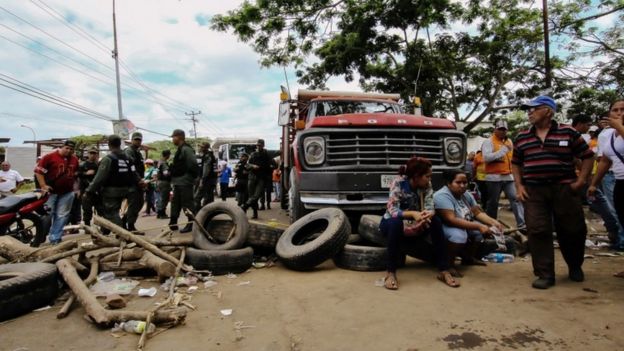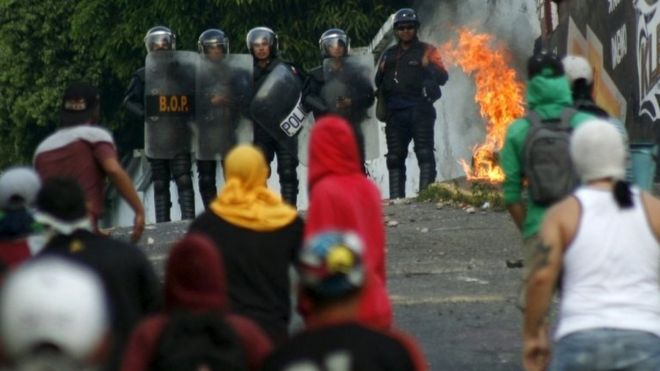By Kaitlyn Degnan
Impunity Watch Reporter, South America
SAO PAULO, Brazil — Former Brazilian President Luiz Inácio Lula da Silva was questioned on Friday as part of “Operation Car Wash,” the official investigation into the Petrobras scandal. Known around the world as “Lula,” he served as Brazil’s president from 2003 to 2010 and is widely credited with Brazil’s emergence as an international power. He is considered by many to be Brazil’s most popular president.

The Petrobras scandal was born of an inquiry into bribes at the state-run oil firm. However, the investigation was widened to include high ranking members of Brazil’s ruling Workers’ Party. There is evidence that “scores of politicians and business executives” stole money from Petrobras. Those under investigation are suspected of overcharging Petrobras contracts. The money is thought to have been put towards Workers’ Party electoral campaigns.
Lula was detained and his home raided on Friday morning. His institute in Sao Paulo, and his wife and sons were also targeted in the investigation. Lula was released a few hours later. When speaking with supporters after his release, Lula said that he “deserved respect” and that the investigators were “disrespectful of democracy.”
Police allege that Lula took money from the Petrobras kickback scheme and laundered it through real-estate assets and his institute.
The detention sparked widespread criticism – even from those who supported his questioning, and sparked several clashes outside of Lula’s home in Sao Bernardo do Campo on Friday.
On Saturday, Lula supporters gathered outside of his home, chanting, “if you mess with him, you mess with me.” Brazilian President Dilma Rousseff also travelled to Saw Bernardo do Campo to meet with Lula in his home on Saturday, in show of solidarity after his “unnecessary” detention. Both Lula and President Rousseff have denied involvement in the Petrobras scandal. President Rousseff’s popularity has severely declined since the investigations began, and she may be facing impeachment.
Despite criticism, prosecutors stand by the questioning, saying that that Lula “holds no power that puts him beyond the reach of the Car Wash investigation.” The investigation has called both Lula’s political future and his legacy into question.
For more information, please see:
BBC – Brazil Petrobras scandal: Former president Lula questioned – 4 March 2016
Latin America News Dispatch – Brazil Ex-President Lula Questioned in Corruption Case – 4 March 2016
New York Times – Snapshot of Brazil’s Web of Scandal – 4 March 2016
Agence France-Presse – Brazil’s corruption scandal anger spills onto street – 5 March 2016
Associated Press – Crowds cheer Brazilian ex-president after being grilled by police – 5 March 2016
Bloomberg Business – Rousseff Visits Lula as Brazil Supporters Stage Solidarity Vigil – 5 March 2016
Reuters – Brazil top judges back graft probe despite concern over Lula’s detention – 6 March 2016



